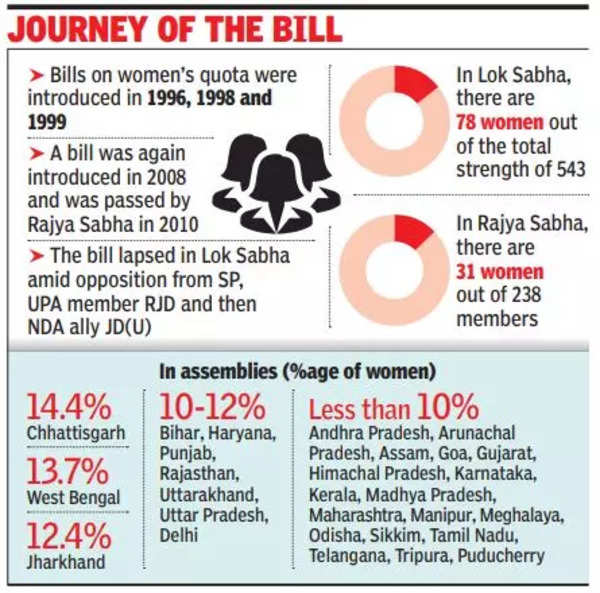
The Supreme Court, in a recent landmark decision, ruled against the extension of the SC quota benefits to individuals who convert to other religions. This ruling has sparked a significant debate within the NDA, with leaders from parties like the Lok Janshakti Party (LJP), Janata Dal (United), and the Apna Dal voicing their concerns.
Ram Chandra Paswan of the LJP emphasized that the quota system is designed to correct historical injustices and should not be limited by religious conversion. Paswan argued that the caste-based discrimination faced by individuals does not disappear upon conversion, hence the need for continued support through quotas.
Nitish Kumar, a prominent leader of the Janata Dal (United), echoed similar sentiments, stressing the importance of recognizing the social realities of caste. He called for a comprehensive caste census to better understand and address the needs of various communities. Kumar stated that such a census would provide essential data to formulate more effective policies for social justice.
The Apna Dal, another significant ally of the NDA, also expressed its dissatisfaction with the court's ruling. Anupriya Patel, a senior leader of the party, highlighted that the caste system's deep-rooted impact on individuals' lives cannot be ignored. Patel argued that a caste census would help in identifying the actual beneficiaries of affirmative action and ensure that the policies reach those who need them the most.
The call for a caste census is gaining momentum not only among the NDA allies but also within broader political circles. Proponents believe that an updated and comprehensive caste data set is crucial for the effective implementation of social justice measures. They argue that existing data is outdated and does not accurately reflect the current socio-economic conditions of various communities.
Experts in social policy and affirmative action support this viewpoint, noting that a caste census would provide a clear picture of the disparities that still exist in Indian society. They argue that policies based on accurate data are more likely to succeed in bridging the socio-economic gaps.
On the other hand, critics of the caste census warn that it could deepen social divisions and lead to increased caste-based politics. They caution that such a move might shift the focus from economic criteria to caste identities, potentially igniting further conflicts.
Despite these concerns, the demand for a caste census continues to grow. Many political analysts believe that the government will need to address this issue sooner rather than later, given the mounting pressure from its allies and other political entities.
The NDA, led by Prime Minister Narendra Modi, is navigating a complex political landscape where maintaining coalition unity is crucial. As the debate over the SC quota ruling and the caste census intensifies, the government's response will be closely watched. Balancing the diverse views within the coalition while ensuring that affirmative action policies remain effective will be a significant challenge for the NDA leadership.
